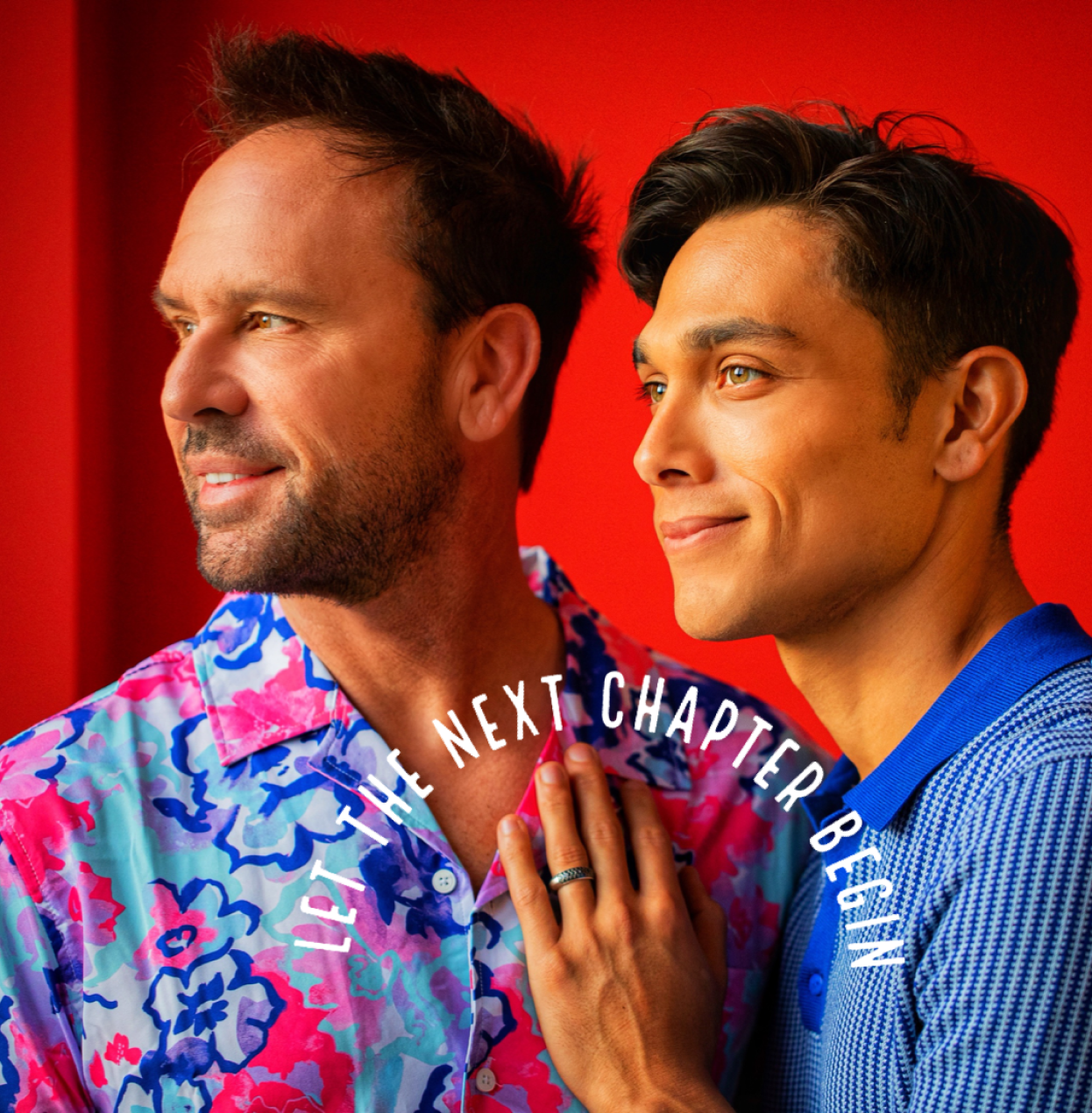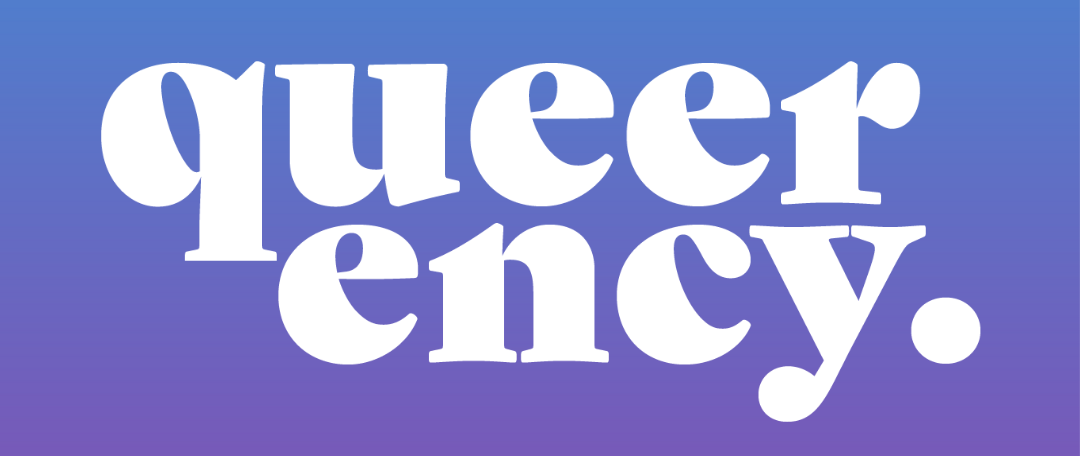- Addiction treatment programs offering specialized groups for gay and bisexual men showed better outcomes for those clients compared to gay and bisexual men in non-specialized programs; but in one study, only 7.4 percent of programs offered specialized services for LGBT patients.
- Approximately 6.7% of sexual minority adults in 2020 misused opioids (prescription opioids or heroin use) in the past year,1 compared to 3.6% of the overall adult population
- LGBTQ+ specific recovery centers only make up .033 percent of recovery centers in the United States

Achieving sobriety is no easy feat for anyone living with crippling addiction — especially for queer people living at the intersection of homophobia and healthcare disparities.
Picture it: you’re ready to surrender the drugs and alcohol, you walk into a recovery center and you’re faced with microaggressions, blatant discrimination, and clinicians ignorant to queer health issues. Oh, and here’s your bill of $20,000.
Enter Rainbow Hill Recovery
Joey Bachrach, co-founder of the Los Angeles based Rainbow Hill Recovery, says that many recovery centers claim LGBTQ+ friendliness, but he says there is a huge difference between “friendly” and “affirming.” He defines that “friendly” is when the recovery center or sober living home accepts everyone into their program, but their staff is ill-informed on nuances within the queer community like pronouns and gender expressions.
“There are some programs that have no right working with our community, to put it lightly,” Bachrach continues. “They’re not bad programs, they’re just not inclusive and they can be very harmful to queer and trans people.”
Rainbow Hill was founded in 2021 by Bachrach and his husband, Andrew Fox. Both men are in recovery so the business embodies a “for us by us” model creating a queer-affirming experience for its clients and offering affordable access to healthcare.

In addition to substance use disorder treatment, the Rainbow Hill team also offers primary mental health services because combating substance use disorder often means treating co-occurring mental illness. Therapies utilized include EMDR, dialectical behavioral therapy, cognitive behavioral health therapy, expressive arts, sound baths, group counseling, family therapy and more.
According to the National Institute on Drug Abuse, queer people with substance use disorders are more likely to have additional psychiatric disorders. For example, Transgender youth have higher levels of depression, suicidality, self-harm, and eating disorders than cisgender youth.
The Queer Recovery Business
According to the 2023 National Directory Of Drug And Alcohol Use Treatment Facilities, there are over 12,000 facilities across the United States. How many LGBTQ+ specific treatment centers exist? Bachrach said he only knows of four LGBTQ+ specific recovery centers which is .033 percent.
In 2019, the average cost of residential treatment in the United States was over $57,000 and some in-patient programs with higher levels of care can cost around $100,000 on average, making treatment inaccessible to queer people and other marginalized populations. In 2020, approximately 40 million people aged 12 and older needed treatment for SUD and only around 4 million sought treatment due to lack of insurance, high out of pocket costs or simply not willing to undergo treatment.
Currently, Rainbow Hill only takes private insurance but they are working to join network with six different providers by November 2024 with both PPO and HMO options.
Despite current private insurance policies, Rainbow Recovery focuses on financial accessibility by offering cost-effective payment plans and full scholarships for certain individuals.
“We have flexible payment options and payment plans for clients and our pricing is fairly affordable compared to our competitors whose minimum is $12,000 a month upwards to $30,000,” Bachrach explained. “We’ve been able to figure out the overhead costs in a way that keeps our programs affordable while still offering quality care.”
Rainbow Hill Recovery Pricing
Partial Hospitalization Program $6,600 – $8,800 per month
Intensive Outpatient: $4,500 – $6,500 per month
Outpatient: $1,750 – $2,200 per month
Sober Living $1,500 – $3,000 per month




